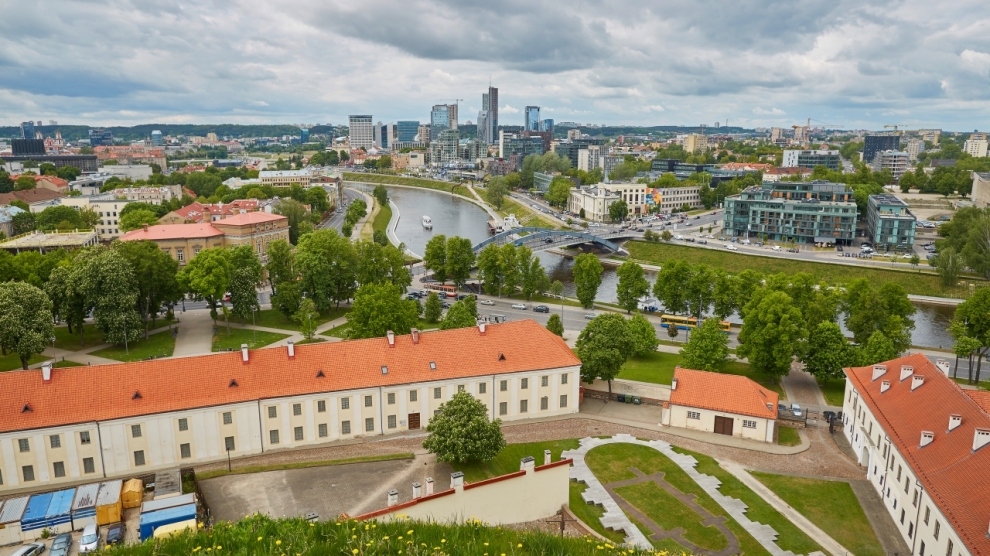Innovation and excellence across all its operations: this is the definition given to the Lithuanian Global Business Services (GBS) sector by the latest Invest Lithuania report. Over the past eight years, the Baltic country has strengthened its position as a go-to destination for business services in Northern and Central Eastern Europe, with 41 business centres located in Vilnius alone, while several other towns throughout the country, including Kaunas and Klaipeda, are also growing in importance.
“Vilnius and Kaunas make up a dynamic business hub which, while already being relatively mature is still significantly less saturated than many other GBS locations in CEE,” Laisvis Makulis, leader of the Business Services Team at Lithuania Invest, tells Emerging Europe. “This hub is home to over 1.4 million inhabitants and over 100,000 students, making sure that the scope and depth of the talent pool satisfies every need of the ever-growing business services industry.”
According to the report, what makes Lithuania different from other cities is its youthfulness, given that 50 per cent of its population is aged 40 or younger. Additionally, tertiary education levels are the highest in the EU, with GBS centres providing different services in more than 30 languages spoken across the sector. Beyond the obvious benefits of a young, multi-lingual workforce, the services themselves on offer have developed to become more complex and bespoke, with the level of in-house robotic process automation integration rising by the day (it is currently at 34 per cent).
“Lithuania’s young and well-educated talent is definitely a factor that sets our Global Business Services sector apart,” Makulis added. “The country’s business environment is ranked by the World Bank’s Doing Business report as the highest in the region, topping such places as Canada, the Netherlands and Belgium, as well as neighbouring Poland, Czech Republic and Hungary. For while Lithuania can offer a dynamic business environment, a stable and business-friendly regulatory system, cost levels are typically lower by 10-30 per cent, both in terms of labour and real estate, giving Lithuania very high quality-to-costs ratio.”
The strategic position of Lithuania makes it the ideal destination for the Nordic companies which account for more than 40 per cent of all business centres and employ almost half of the sector’s total labour force. “Scandinavian companies find Lithuania a very appealing place for their business centres not only due to geographical proximity and Nordic languages skills but also due to cultural proximity and similar work culture. This makes knowledge transfer a smoother and faster process,” Makulis said.
There are three clearly dominant fields in Lithuania right now: IT (33 per cent), Banking, Insurance and Financial Services (25 per cent), and manufacturing and logistics (18 per cent). New sectors such as procurement, legal and engineering are also becoming increasingly commonplace within the sector.

